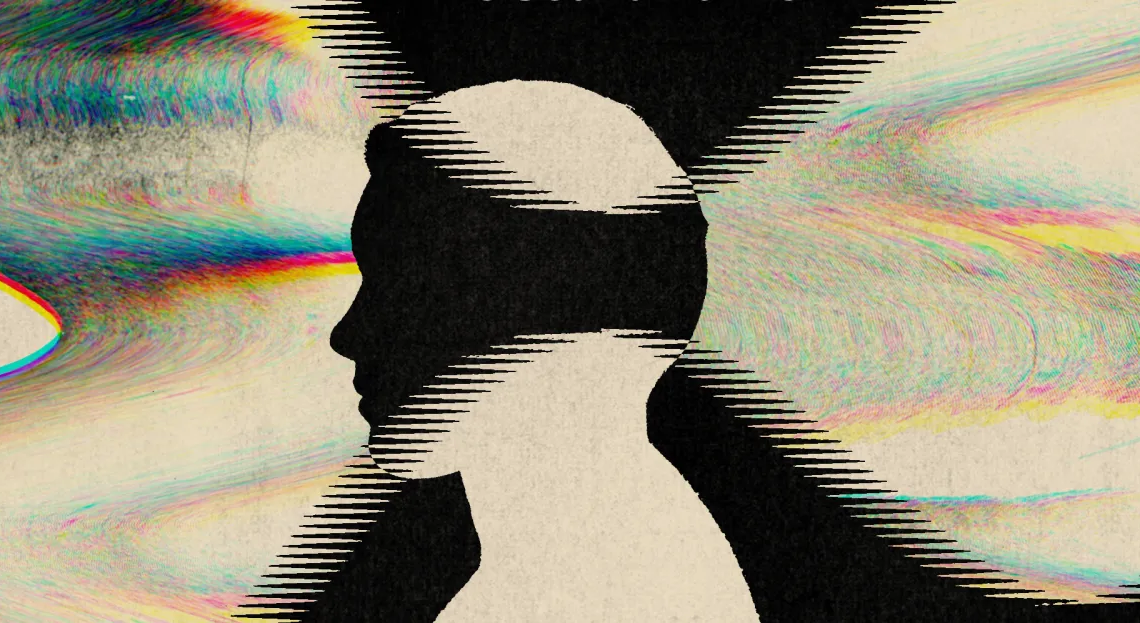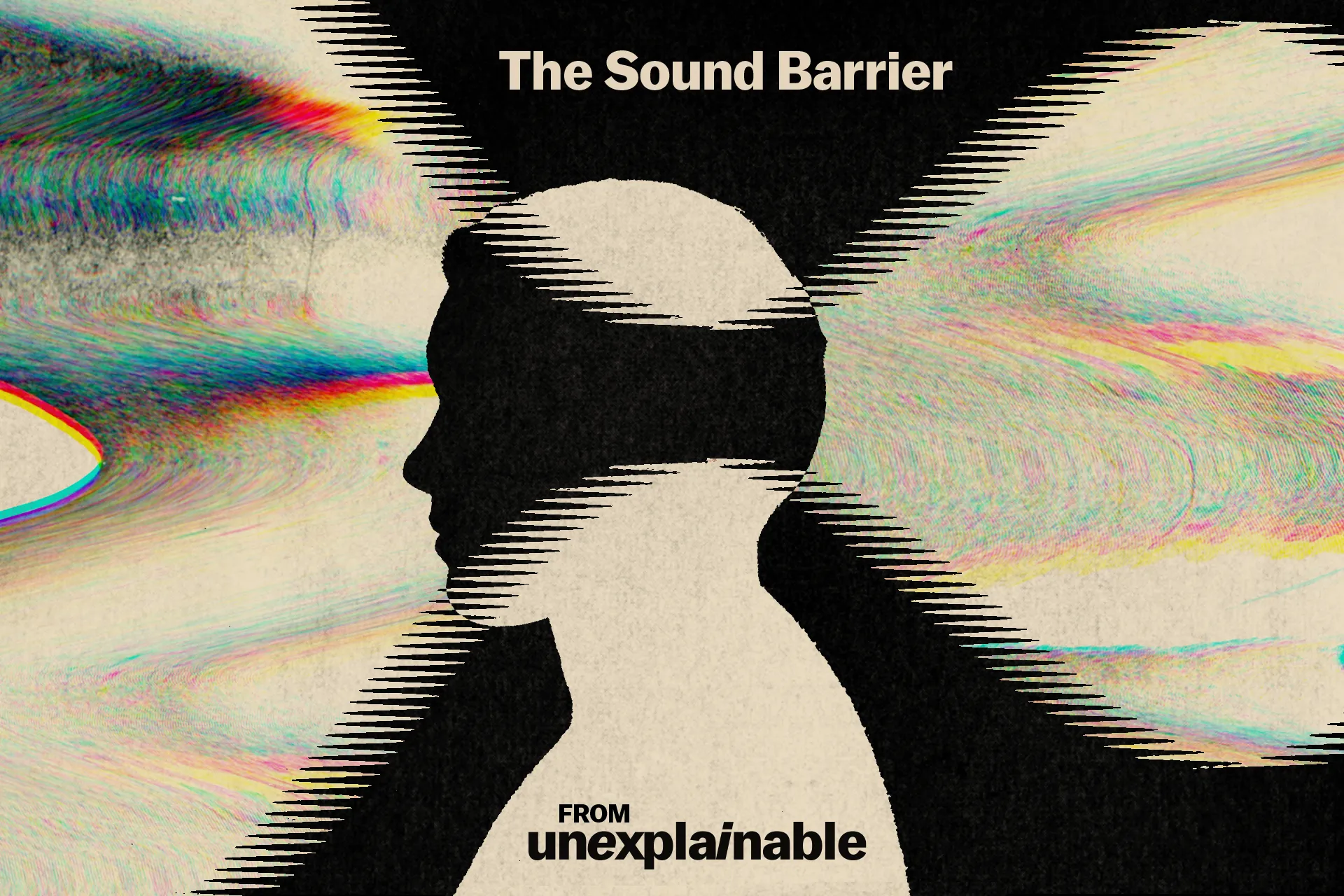
In the 1970s, psychologist Diana Deutsch was experimenting with a synthesizer, when she heard something strange. “It seemed to me that I’d entered another universe or I’d gone crazy or something…the world had just turned upside down!” Deutsch recalls.
Deutsch had stumbled across an illusion in audio form — she called it the “Octave Illusion” and you can listen to it here — and she realized it wasn’t just a quirk. It was telling her something essential about how our brain processes sound.
Our brain edits the world we hear. What we hear isn’t a direct real-time feed coming from our ears. It’s our brain’s best guess. “Because the brain doesn’t have direct contact with the physical world,” says professor Dan Polley, “Everything that we perceive as consciousness is constructed from the activity of the brain.”
So what are we actually hearing, when we’re hearing?
In The Sound Barrier, a special four-part series from Unexplainable, I explore the limits of our sense of hearing and how we can break through. From people trapped by phantom sounds in their heads, to the quest to find out what silence actually sounds like, to astronomers who have figured out a way to listen to space.
New episodes will be released every Monday and Wednesday, starting November 3.
The Sound Barrier #1: The myth of hearing
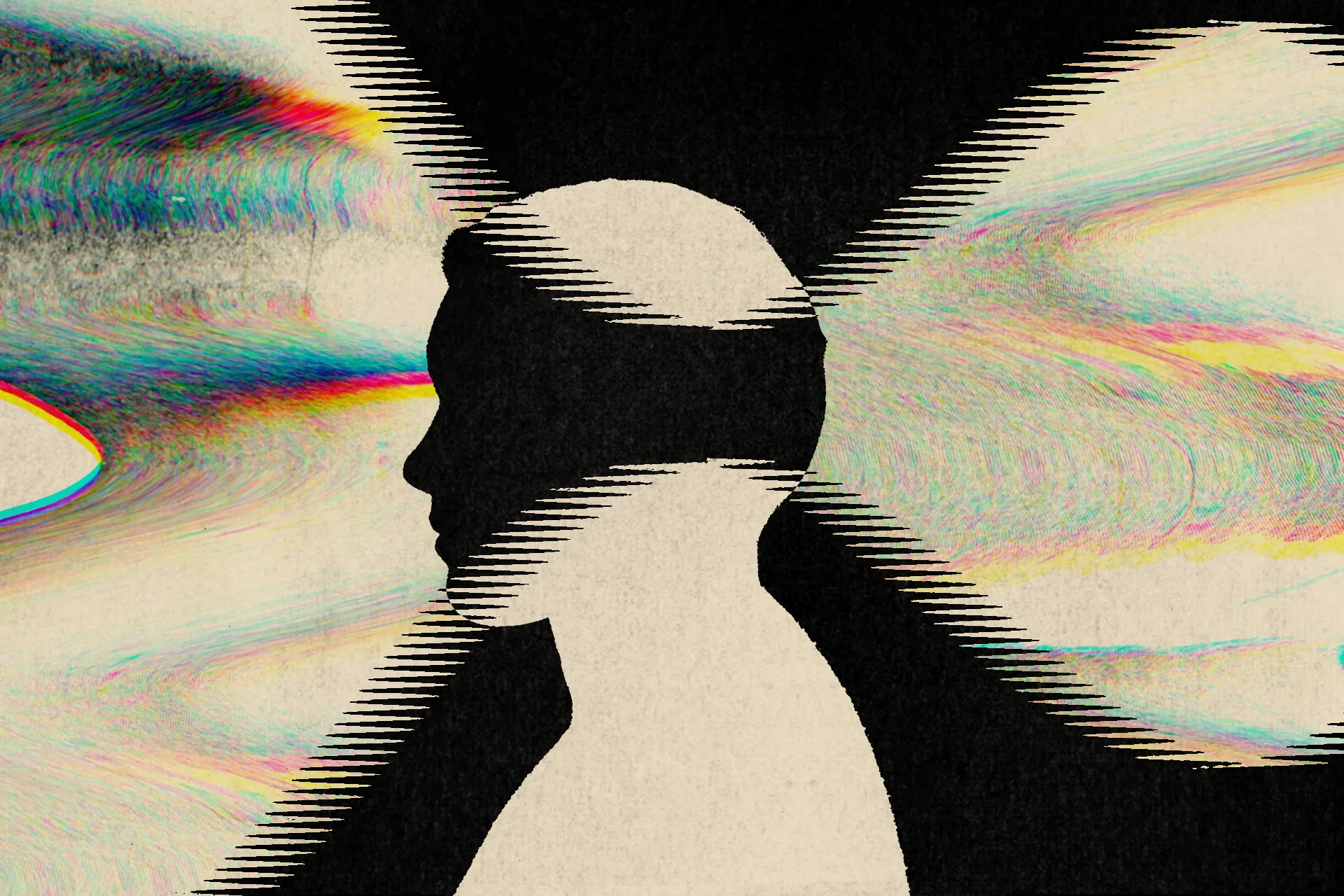
The brain’s editing superpower doesn’t just allow us to process the world we hear — it allows people with hearing loss to hear the world again by using a cochlear implant. Noam speaks to someone who lost his hearing and then retrained his brain — using Winnie the Pooh, believe it or not — to relisten to his favorite piece of music, “Bolero.”
The Sound Barrier #2: The noise that isn’t there
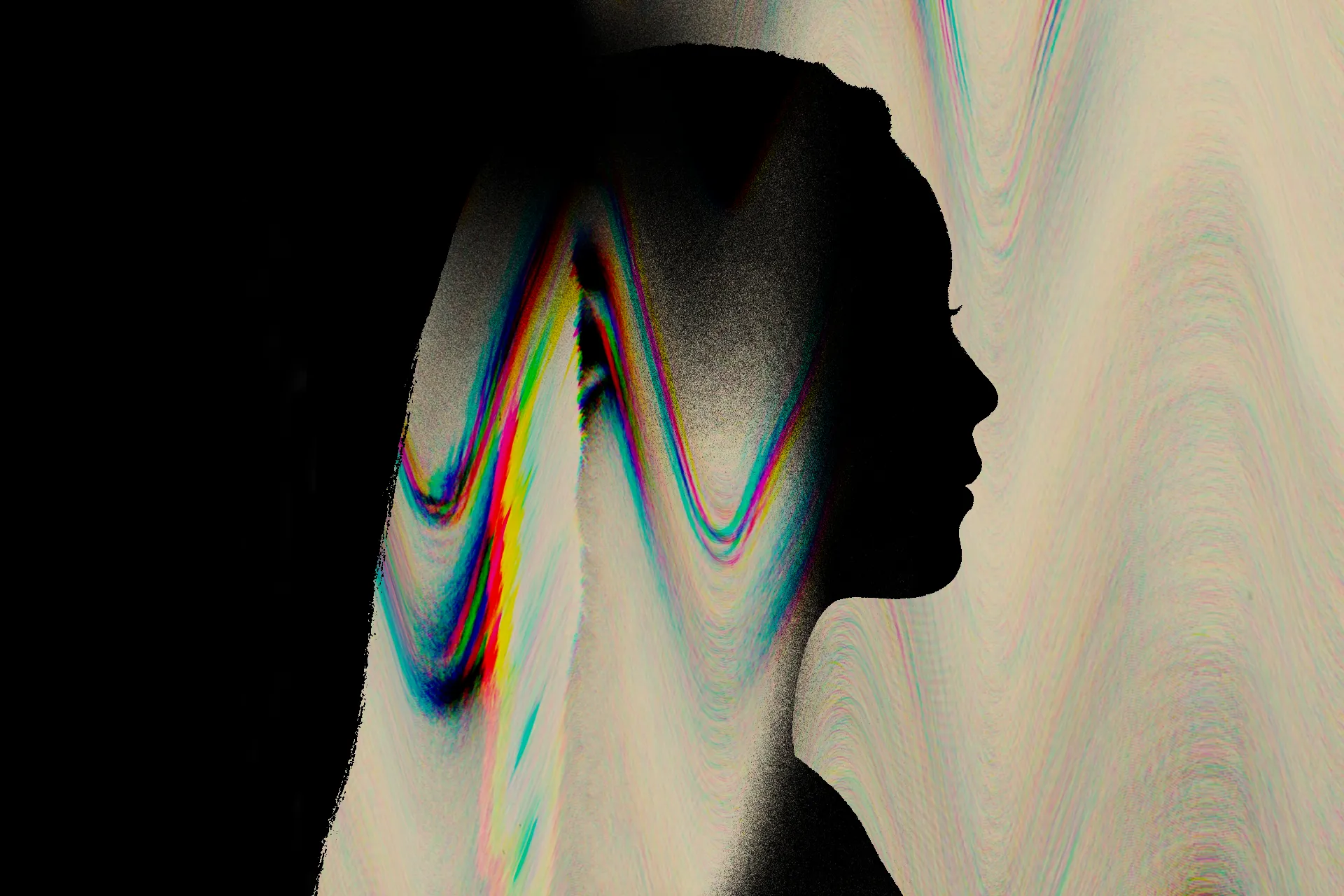
Almost 15 percent of adults have tinnitus. They suffer from a persistent, often intolerable sound…that is literally just in their heads. Perhaps even more maddeningly, when many of them take a hearing test, the results say they’re perfectly fine.
All this has led many people to assume tinnitus is psychosomatic. But new research into something called hidden hearing loss has shown how tinnitus comes from hearing damage that normal hearing tests can’t pick up.
Still, there are so many things we don’t know about tinnitus. Why do some people with hearing damage develop tinnitus and not others? And what can someone with tinnitus do about it?
On the second episode of The Sound Barrier, we help one of our listeners get some answers.
The Sound Barrier #3: What does silence sound like?
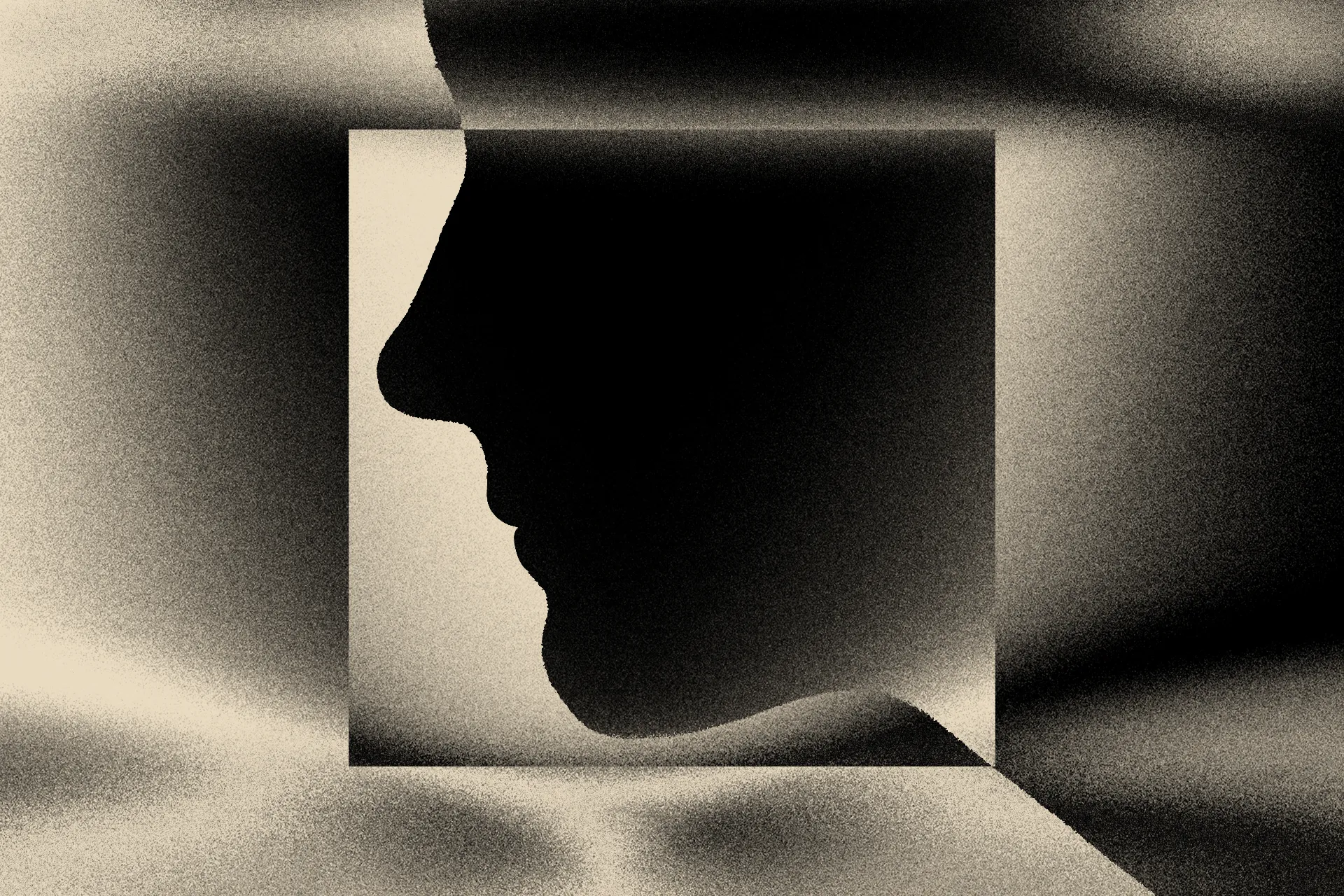
A few years ago, a scientist asked people to sit in a silent room for 15 minutes. After some minutes, almost half of them chose to give themselves an electric shock instead.
At the same time, silence and other forms of sensory deprivation have been shown to reduce anxiety and PTSD. In one experiment, when mice were exposed to silence, their brains created and retained new neurons. More neurons than when they were exposed to any other sound.
On the third episode of The Sound Barrier, we ask a pretty basic question about silence: How can something that’s nothing do so much?
We hear from a researcher who designed an experiment to show that silence is a sound we can actually hear, we explore John Cage’s piece “4’33”,” which shows us what silence sounds like, and we journey to one of the quietest places in the world.
The Sound Barrier #4: Listen to the universe

When Wanda Diáz-Merced lost her sight as a college student, she thought her dreams of becoming an astronomer were over. Then her friend played her a sound coming from an antenna at his house. At first, she thought the noise was terrible, until she discovered that what she was actually listening to was one of the largest solar storms ever recorded. That’s when everything changed for her.
“At that moment,” says Diáz-Merced, “Everything transformed from me perceiving that those sounds were bothersome and ugly. It transformed into beauty. You have no idea. For the first time, I felt happiness in my life.”
On the fourth episode of The Sound Barrier, we explore what we can learn when we listen to space.
We talk to Nobel laureate Robert Wilson, who used sound to help discover the first direct evidence of the Big Bang, we hear a sonification of the center of the Milky Way from scientist Kim Arcand, and we follow Diáz-Merced as she pushes the science of listening to space forward.
The post How the brain builds your world of sound appeared first on Vox.
